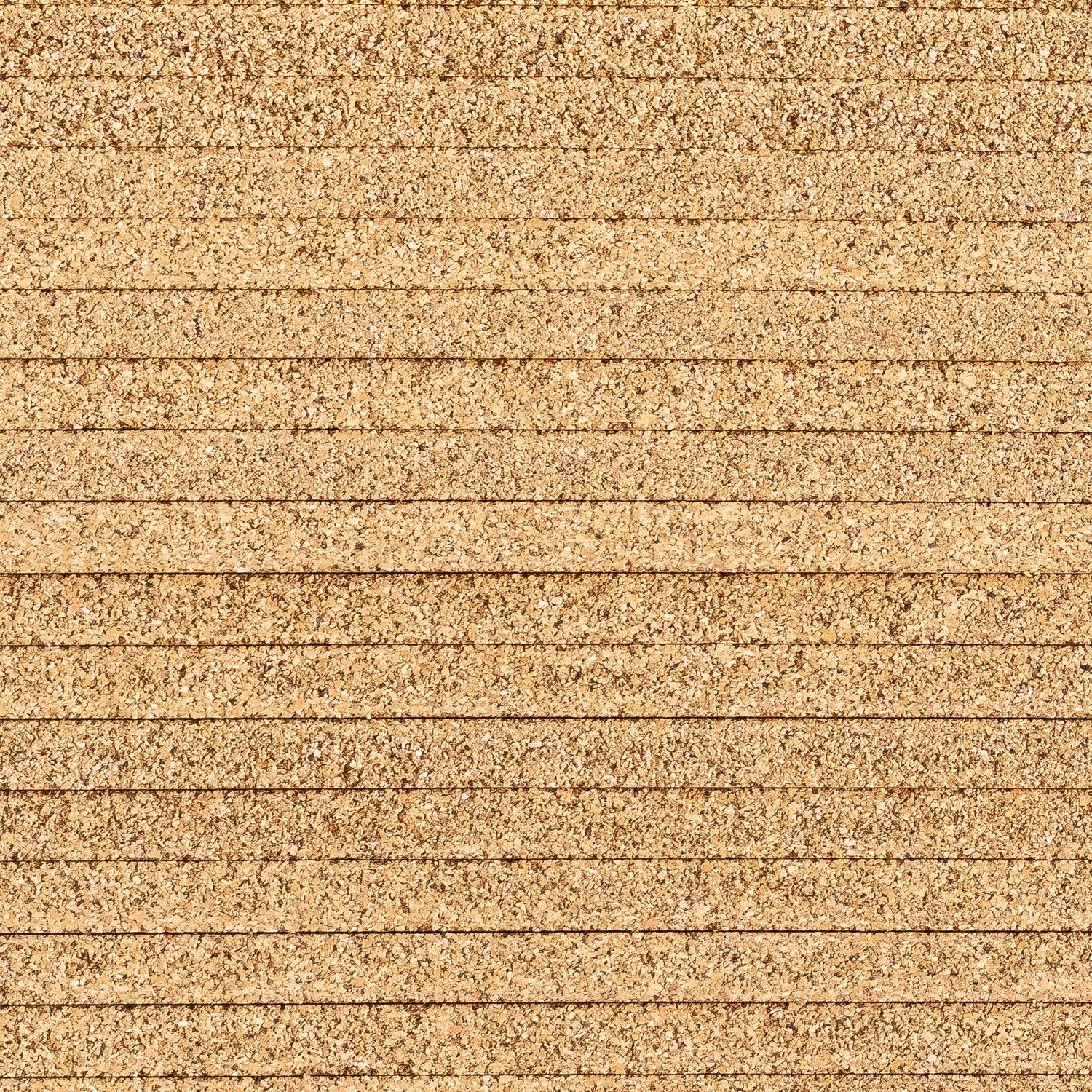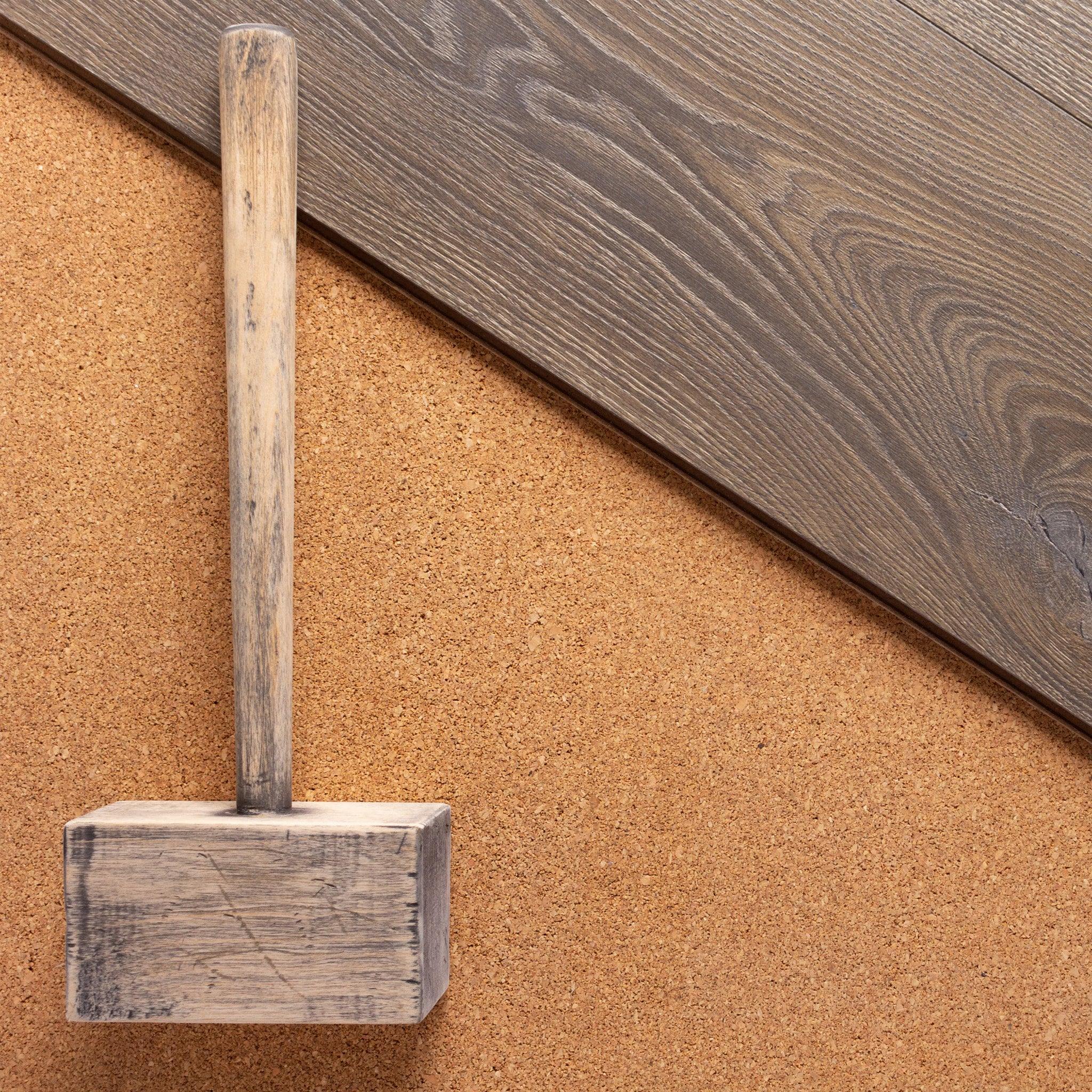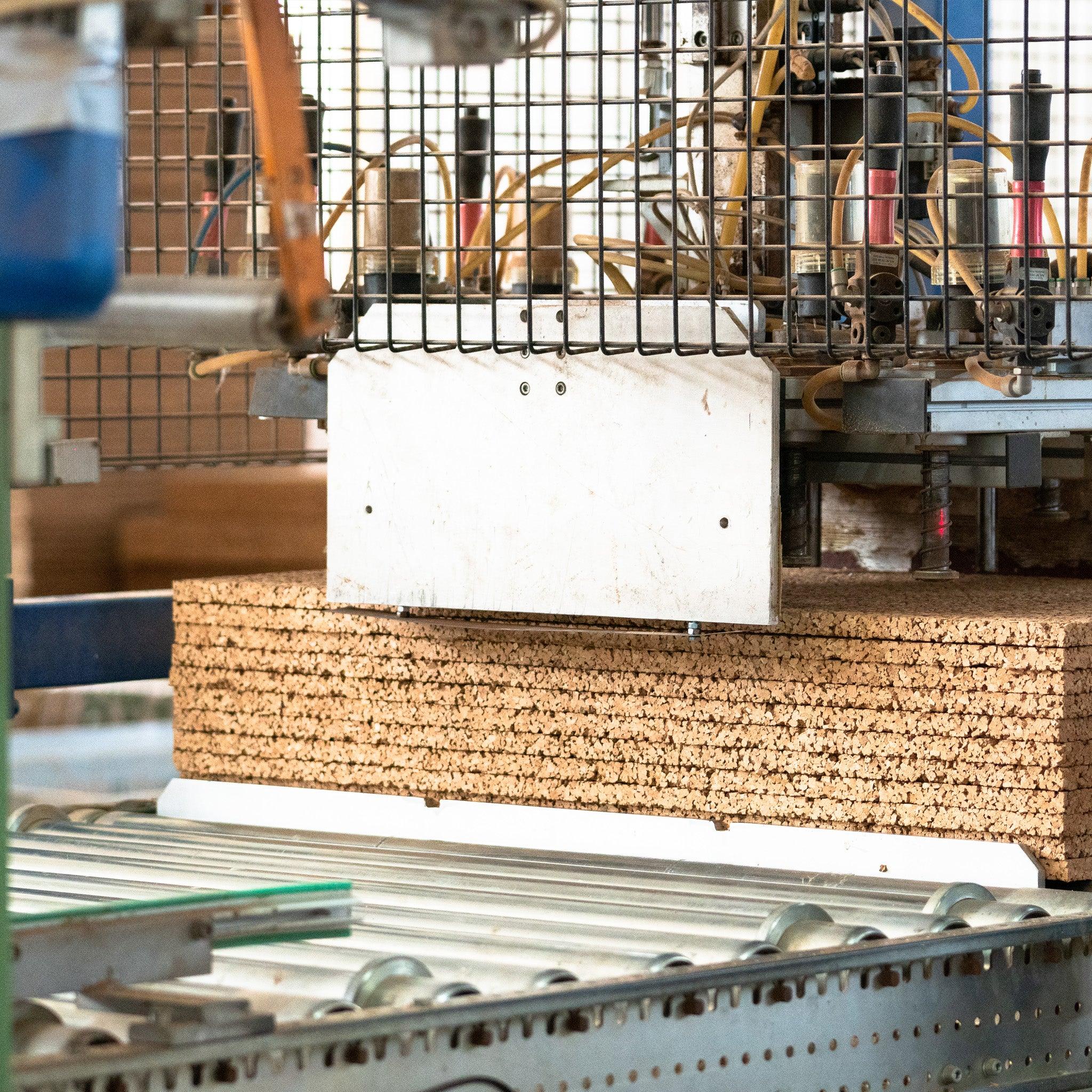Moisture is one of the most common problems occurring in a home or building. Moisture buildup can lead to mold, mildew, and other issues that can compromise the health of building occupants. Fortunately, cork can be used as a moisture barrier.
Humidity: a widespread problem
Moisture can enter a building in a variety of ways, such as through cracks in the walls, poorly sealed windows or doors, or due to ventilation problems. Also, moisture can build up in damp areas like the bathroom, kitchen or laundry room. This can lead to the growth of mold, mildew and fungus, which can lead to health problems.
The role of cork in preventing humidity
Cork is a moisture resistant natural material. It can resist water and helps prevent mold and mildew growth. In addition, cork has a higher moisture absorption capacity than other insulating materials. This moisture absorbency means that cork can absorb excess moisture and gradually release it, helping to maintain an optimal humidity level within the building.
Cork can be used as a moisture barrier in a number of ways. For example, it can be used as underlay for floors, as insulation for walls and roof, or as wall cladding. When used as wall insulation, cork helps reduce the amount of moisture that can get inside the building, helping to prevent mold and mildew from forming.
Furthermore, cork is also a breathable material. This means that air can pass through it, which helps prevent moisture build-up in the walls and ceilings. Cork's breathability also helps regulate the temperature inside the building, making it a great choice as an insulation material.
Conclusion: cork yes, cork no?
In conclusion, cork is an ideal solution to prevent moisture problems in buildings. Thanks to its resistance to humidity and its ability to absorb moisture, cork can help keep the interior of the building dry and healthy. Furthermore, cork is a breathable insulating material that helps regulate the temperature inside the building.
Syfar offers a wide range of cork solutions to help prevent moisture problems and maintain a healthy and comfortable indoor environment. Syfar's cork solutions are of high quality and are able to meet the needs of different types of residential and commercial constructions. With the use of cork as a moisture barrier, it is possible to improve the quality of the air inside the building, reduce the risk of mold and mildew, and extend the life of the building itself.
Furthermore, the use of sustainable materials such as cork is an ecological and responsible choice for the construction of buildings, since cork is a renewable material which contributes to the reduction of the amount of waste generated.
In summary, using cork as a moisture barrier is a smart and cost-effective choice to ensure the health and durability of your construction.




Leave a comment
This site is protected by hCaptcha and the hCaptcha Privacy Policy and Terms of Service apply.